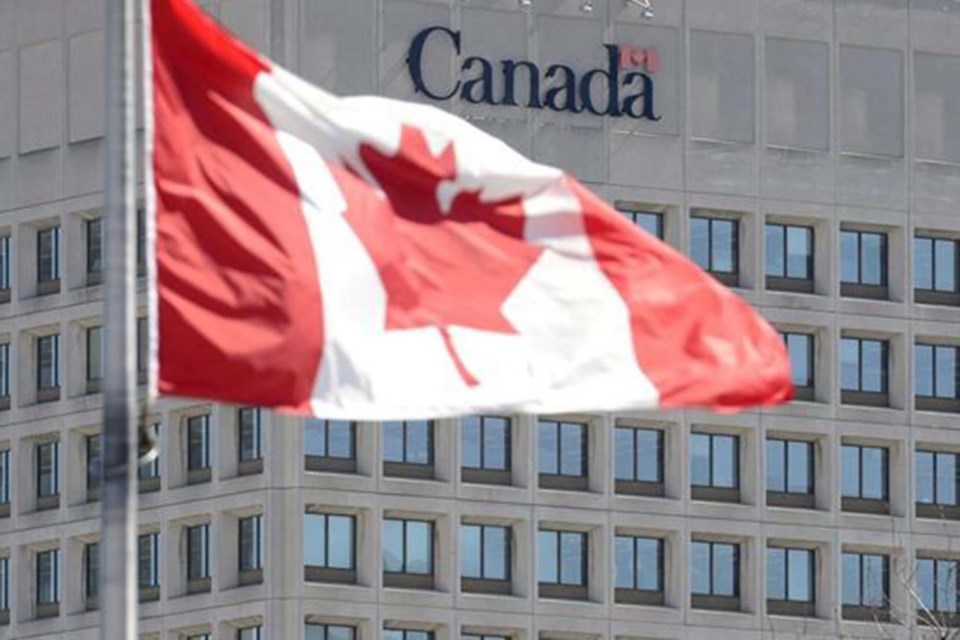OTTAWA — Canada's veterans ombudsman is adding her voice to long-standing calls for the federal government to create a dedicated peer-support program for those who have experienced sexual trauma while serving in uniform.
The request follows an investigation by ombudsman Nishika Jardine that found those struggling with service-related sexual trauma are being referred away from existing peer-support programs, which are largely focused on PTSD and other psychological injuries.
Those programs, which have been relatively well received, are run by Veterans Affairs Canada with support from the Department of National Defence.
“The reason (Veterans Affairs Canada) gave — and clearly this is the heart of the matter — is the people who are leading the program, those people need to have the same sort of experiences in order to be peers to provide peer support,” Jardine said in an interview.
Survivors are instead being directed to the Department of National Defence's sexual misconduct response centre or local rape crisis centres, which the ombudsman says do not address the unique needs of those who have been victimized while serving in the military.
The result is that veterans who reveal they experienced military sexual trauma are unable to benefit from a peer-support program, Jardine said. And if they do not disclose their experience, the existing program is not designed to meet their needs.
It's for that reason that Jardine says she is pressing the government to create a dedicated program for military sexual misconduct, which had long been requested by victims and advocacy groups even before the current focus on such behaviour in the ranks.
"We would hope to see or expect to see a program, a fully funded program by VAC that meets the needs of veterans who have experienced military sexual trauma in the same way (as PTSD)," she said. "So it's an equitable program that we're seeking."
Veterans Affairs Minister Lawrence MacAulay on Wednesday said the government was dedicated to such an initiative, noting the federal budget in April included a promise to create online and in-person pilot programs.
"The pilot will leverage lessons learned from the existing joint peer support program," he said in a statement. "Furthermore, the program's development will be informed by mental health professionals and by individuals who have lived experience with military sexual trauma."
MacAulay did not provide a timeline for when the program would be up and running, and Jardine said her office is still waiting for details.
Exactly how many survivors have been turned away from the existing programs remains unknown, because Veterans Affairs Canada, which runs the current programs with support from the Defence Department, does not track such numbers.
That in itself is an issue, Jardine said, while recent reports on the prevalence of sexual misconduct in the ranks and the government's acceptance that military sexual trauma can contribute to long-term health problems highlight the need to help survivors.
"The circumstances that we find ourselves in today are deeply disturbing," she said.
"It absolutely underscores the need for Veterans Affairs to provide a fully funded peer-support program for those veterans who've experienced this kind of behaviour. It's hugely important for them on their journey of healing."
This report by The Canadian Press was first published June 2, 2021.
Lee Berthiaume, The Canadian Press



